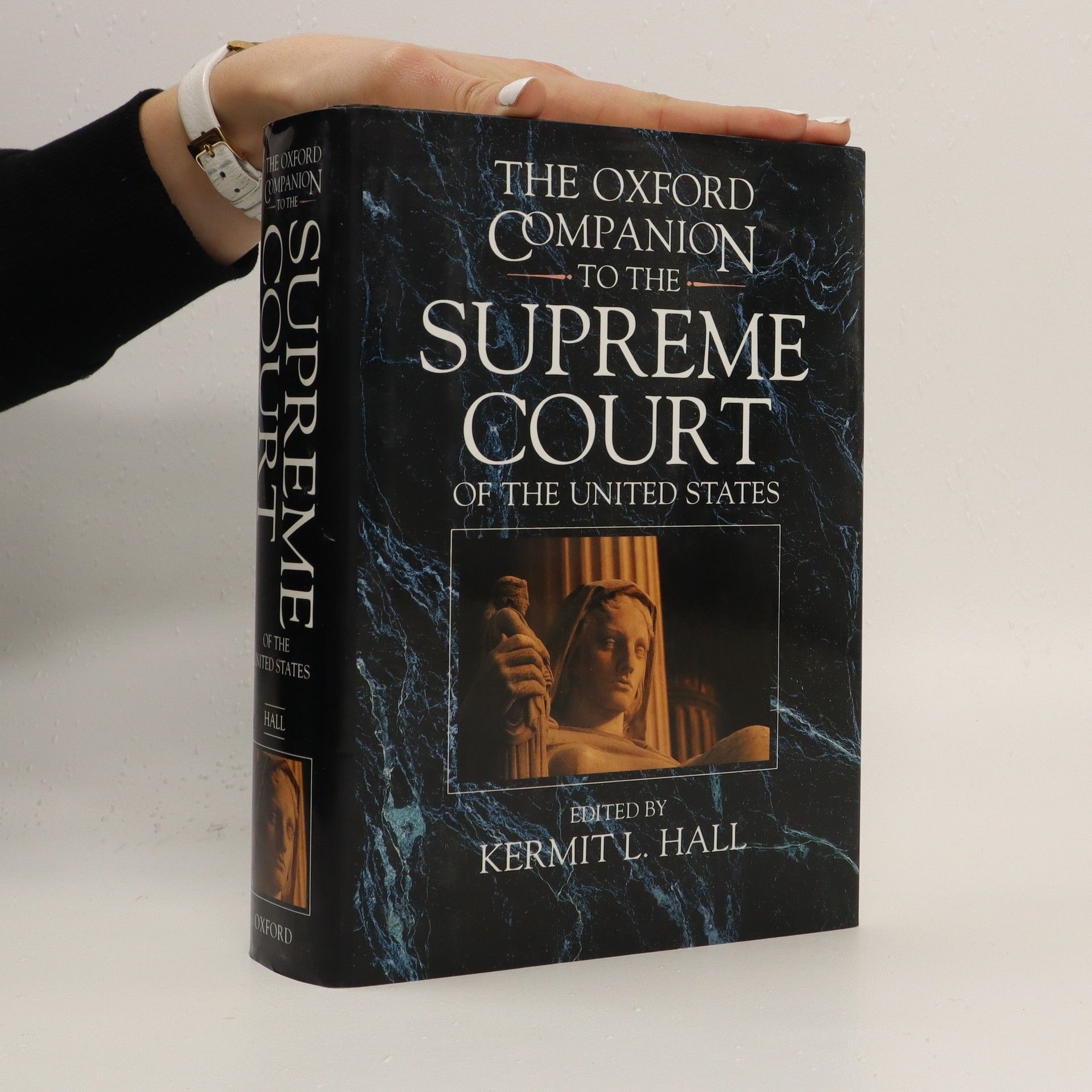Focusing on the pivotal Supreme Court cases since 1800, this book provides a historical overview that highlights their impact on the rights and freedoms of Black Americans. It weaves together a coherent narrative from what could be seen as a fragmented history, linking past events to contemporary issues of racial inequality. Through this interpretive guide, readers gain insights into the legal battles that have shaped the struggle for civil rights.
William M. Wiecek Reihenfolge der Bücher (Chronologisch)
William M. Wiecek ist emeritierter Professor für öffentliches Recht und Gesetzgebung Chester Adgate Congdon an der Syracuse University College of Law.


In Democracy in America, de Tocqueville observed that there is hardly a political question in the United States which does not sooner or later turn into a judicial one. Two hundred years of American history have certainly born out the truth of this remark. Whether a controversy is political, economic, or social, whether it focuses on child labor, prayer in public schools, war powers, busing, abortion, business monopolies, or capital punishment, eventually the battle is